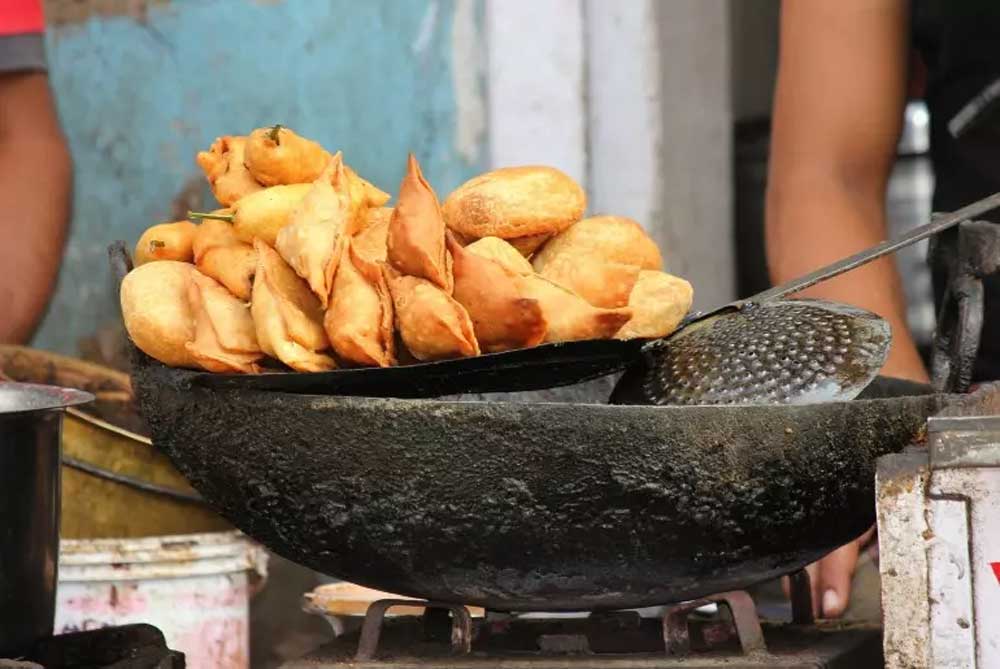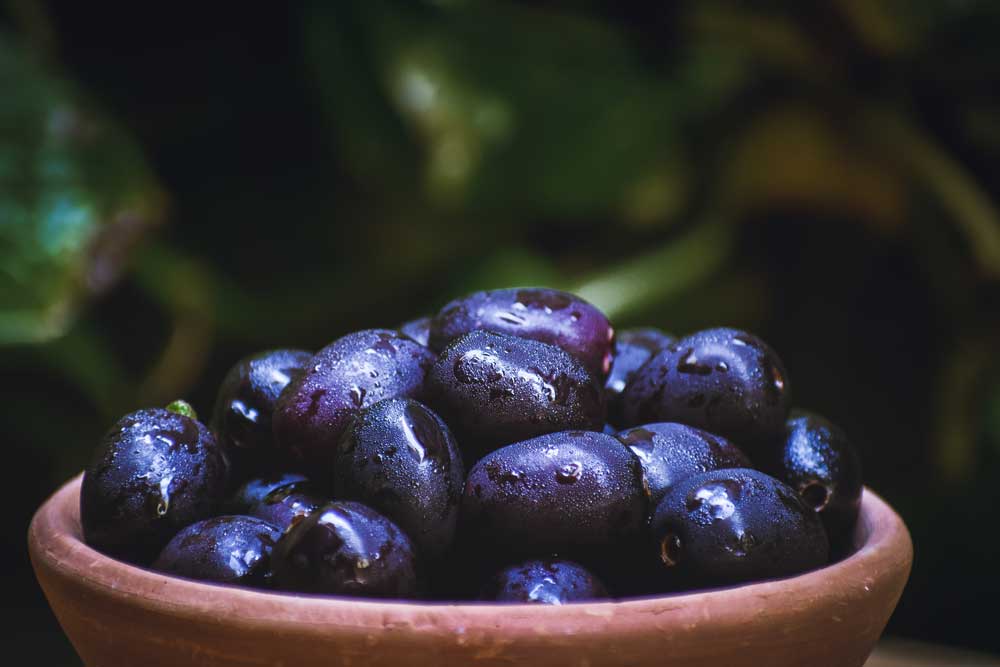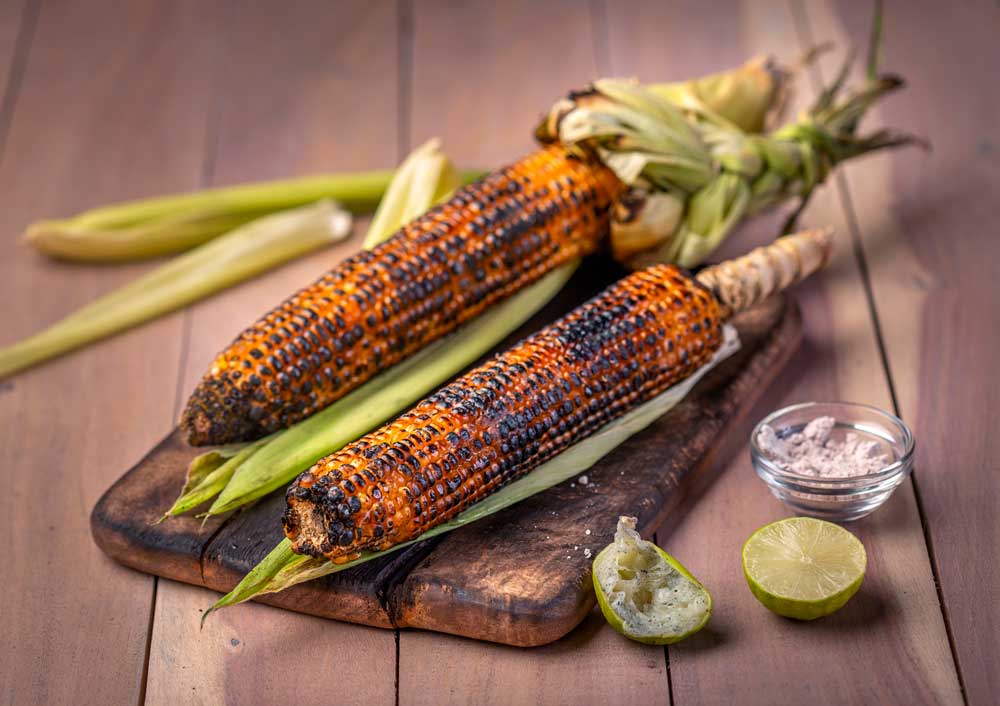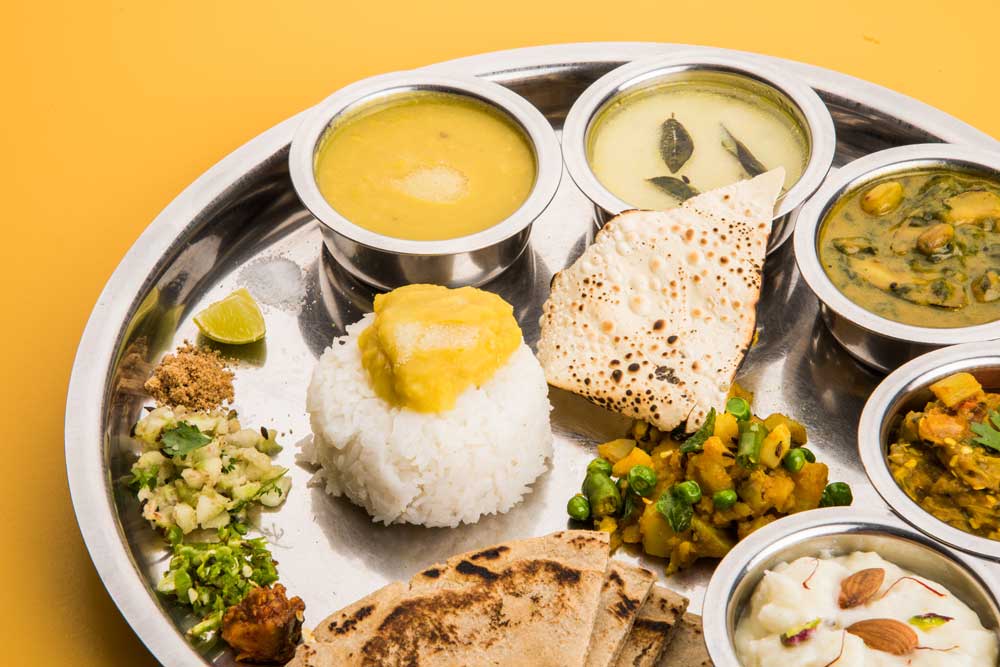‘Tis the season of monsoon delicacies, where the weather teases our tastebuds. It’s tempting to give in, with our diet going down the drain along with the rain water; our will power drifting out of the window with the cool breeze.

Almost every Indian household’s seasonal favourite is piping hot tea paired with a plate of fried onion pakoras or vegetable fritters (bajji/bhajiya). Rainy season is incomplete without gorging on this delicious savoury!
Although occasionally giving into these indulgences isn’t much cause for concern, it is essential to be slightly cautious about your day-to-day diet, as the season brings with it the risk of infections. Hence it is necessary to include items in your diet that help strengthen your immune system, to fight these infections without being knocked down.
Mihira Khopkar, Sports Nutritionist, Reliance Foundation Hospital shares some common mistakes people tend to make during the season. Here’s what she advices us to keep in mind.
To Be Avoided Blindly
Watery foods: Runny items such as chutneys or water-content based fruits and veggies are best avoided as they carry a risk of water-borne infections due to contamination with rain water, which can further affect digestion.
Raw salads: They often carry food borne bacteria and rain water contamination can further aggravate the gut lining affecting digestion. This can lead to diarrhea or runny motion.
Leafy vegetables: It is quite a task to clean leafy vegetables during this season. Along with dirt, there may also be the presence of pathogens and bacteria. Consumption of raw or inadequately cooked leafy greens may cause stomach related infections.
Sea food: During the months of ‘shraavan’ (mid-July to late August) many households refrain from eating meat/seafood and follow a vegetarian diet. Besides the religious aspect, it is considered to be the season of fish breeding in the ocean. In order to avoid their extinction, this dietary regime is followed every year.
Limit street food: As difficult as it is to avoid street food, consider limiting it is advisable because of rain water contamination as well as the added issues of acidity and gut related concerns.
Things To Keep In Mind

Go seasonal & local: Fruits such as jamuns, plums, lychees, pomegranates and bananas will be found in abundance in the fruit market during this season. Ensure you make the most of these nutrient-rich options.

Opt for cooked/boiled/steamed options: Raw foods carry bacteria and pathogens. However, cooking/boiling/steaming the food will keep them away. Therefore, it is advisable to cook all items in some form to avoid digestive and gut-related issues.
Warm liquids: Warm concoctions of ginger, lemon, honey, turmeric, mint and basil leaves, whole spices such as cinnamon, cardamom, cloves, peppercorn can also help boost immunity since these contain anti-bacterial properties.
Immunity-boosting foods: Include garlic, ginger, turmeric, local fruits and veggies, citrus fruits, nuts and seeds in your daily diet.

Home-cooked meals: Nothing beats meals cooked at home as they are prepared with the utmost care possible.
This is not mandatory, but Mihira advises that supplements are a great way to complement your diet and boost your immunity. Anti-oxidant, anti-inflammatory and probiotic supplements are a few options to consider.

Multivitamins: To be consumed post a meal
Omega-3 fatty acids: One may consider adding 1,500 mg (with fat content), post a meal before bedtime for better absorption
Vitamin C: One may consider adding a 500mg Vitamin C supplement anytime of the day
Probiotic: A probiotic supplement can help protect the gut lining and keep stomach-related infections at bay